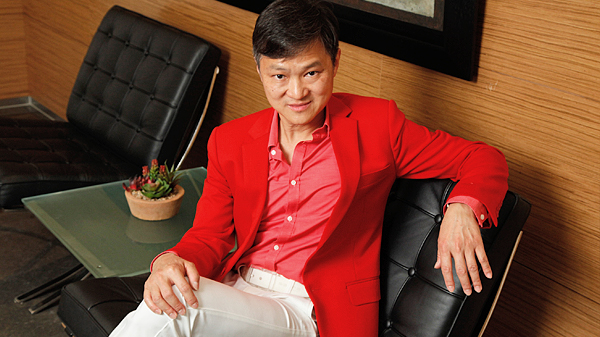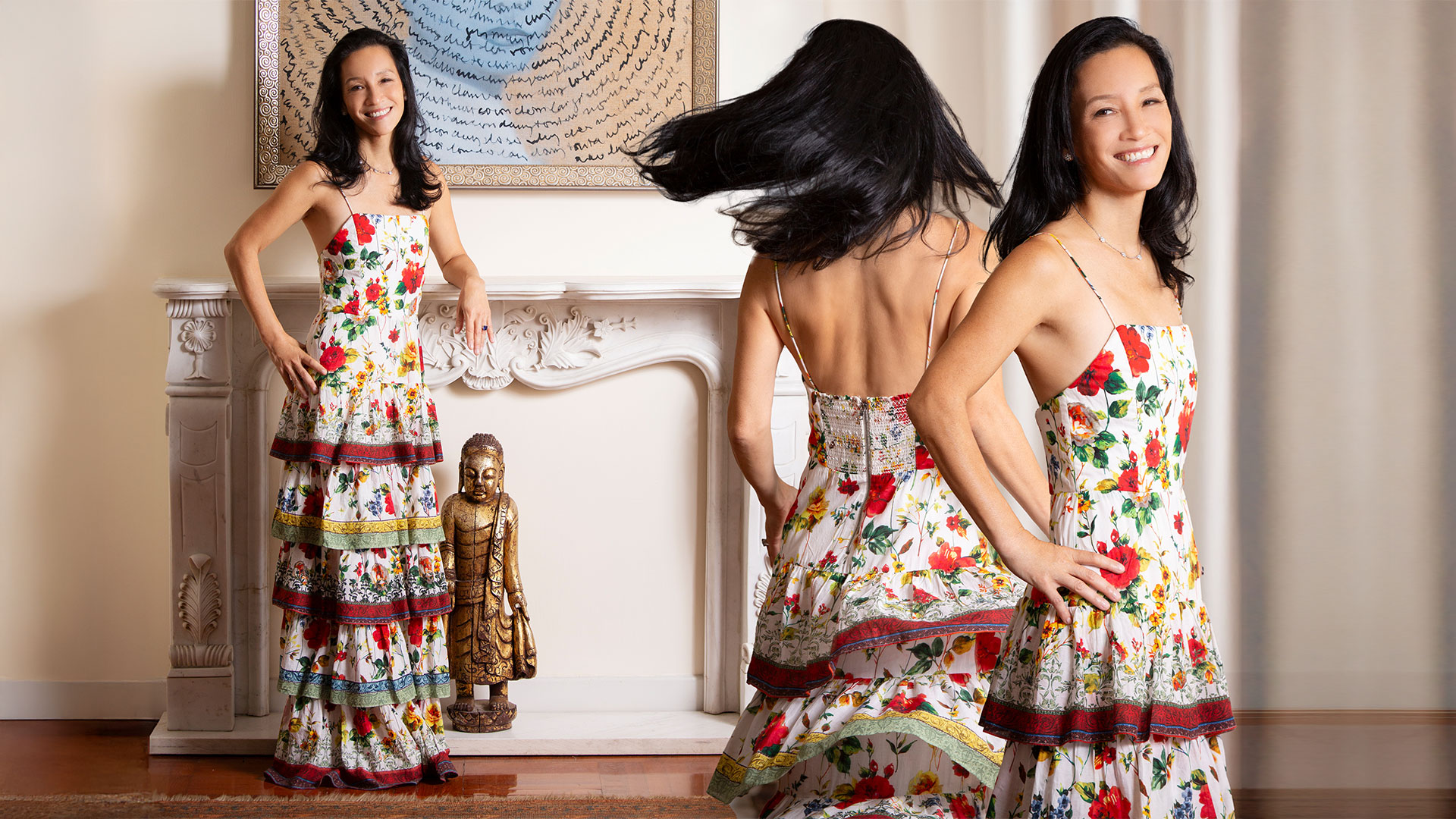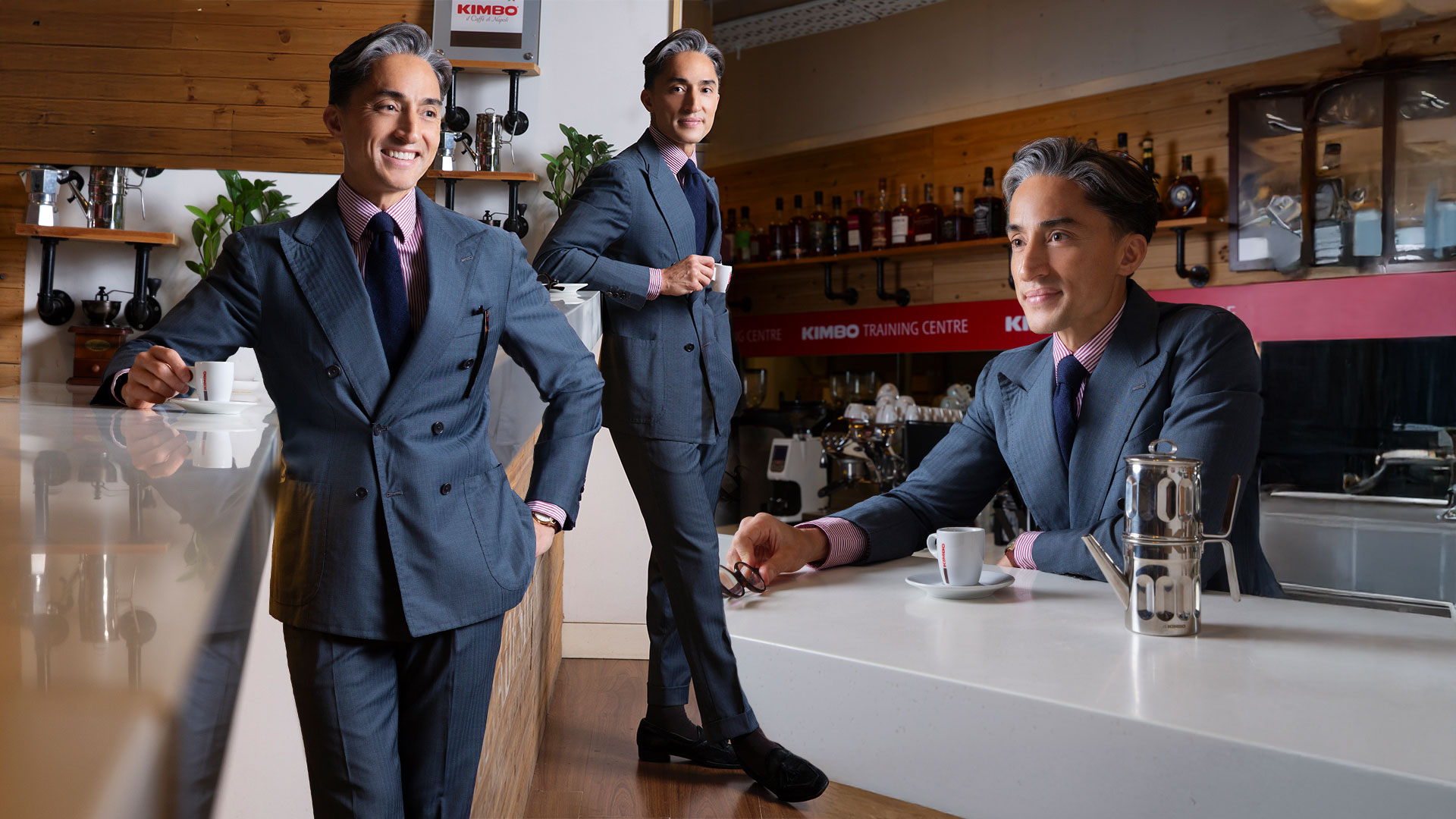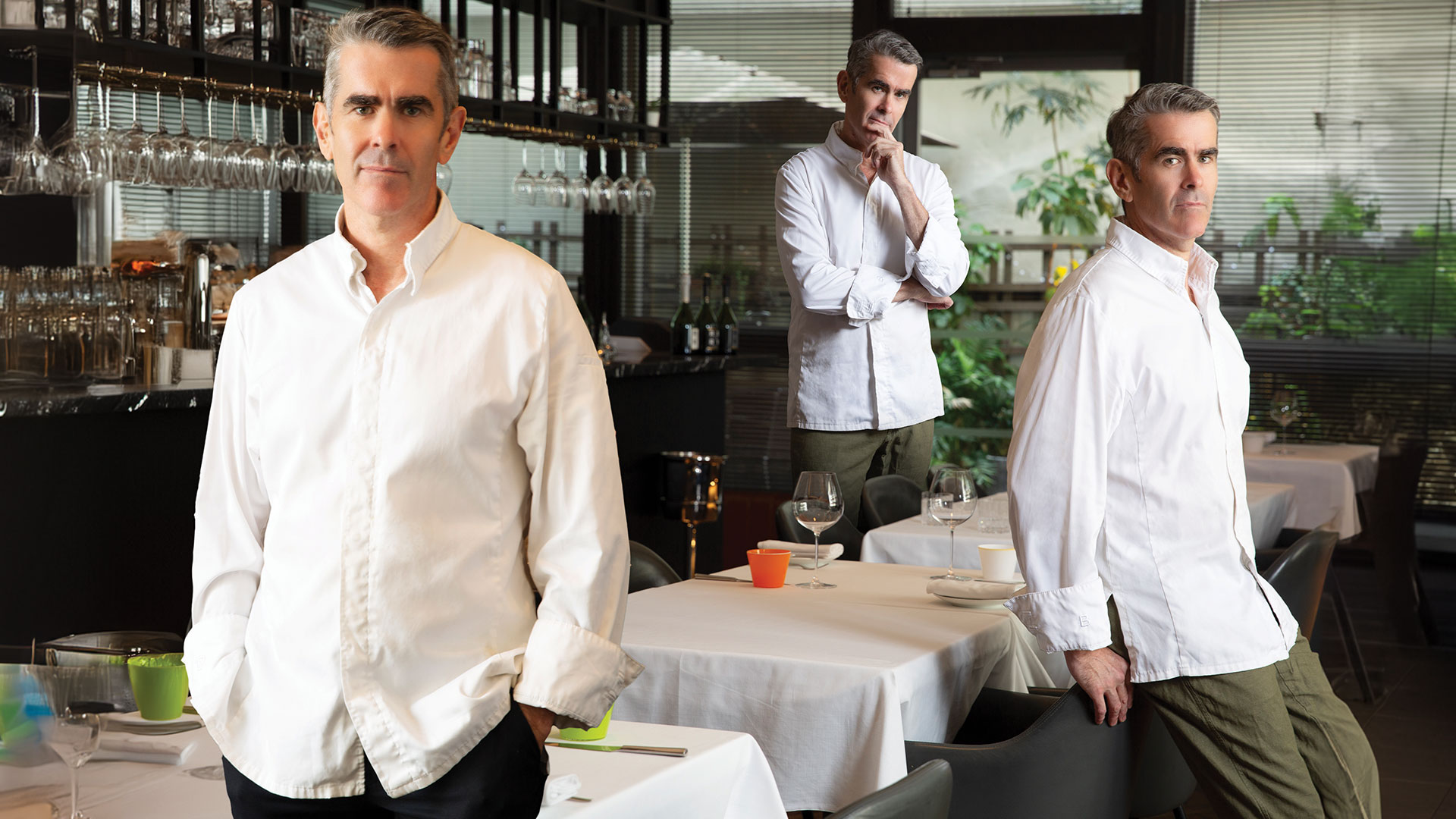
Warren Lee: The friendly face of hostile takeovers
Warren Lee is the founder of Yu Ming Group and a chairman of the board at SHK Industries.

When you were growing up, Hong Kong was still a British dependency. Did that leave any lasting impression on you?
I went to school in Hong Kong until I was 15 and then, after that, I went to boarding school – and, later, university in England. In total, I think I went to 13 different schools, which was a bit unusual.
By the time the handover came along, I was 34. So, I lived for quite a while under the British and I’ve now worked for 20 years under the Chinese. It would be fair to say I’ve seen the good side of both administrations.
Even back then, did you see yourself heading for a career in finance?
Actually, I wanted to be a policeman. As my father was a chief inspector and my sister was in police auxiliary services, it seemed a fairly viable option. My parents, however, had other ideas. When I told them I wanted to follow in my father’s footsteps, they rejected the idea out of hand. While my parents rarely agree anything, they were unanimous in this instance.
Why were they so against the idea?
In my father’s day, the police force was a respected career option. More recently, though, a lot of that respect has gone. I guess my parents could see the way things were going. To this day, I still have a lot of respect for the police, but there has been a lot of public hostility towards them over the years.

So, instead, you were drawn to the world of finance in general and the world of hostile takeovers in particular. How did that come about?
In 2001, though, we invested in a project related to a listed company. There was then a dispute between the investors and the management and, largely to protect our investment, we had to take action against the management. It turned out to be a very expensive course of action and we ended up spending millions of Hong Kong dollars to take out an injunction. You can imagine how we then felt when the injunction was discharged only a few days later. It was then that I started thinking about how to best protect the interest of shareholders in the event of any hostile takeover.
What was your strategy and how soon did you get to put it to the test?
Well, the next year, we found ourselves working in an advisory capacity to another company that was locked into dispute between shareholders and management. I came up with an idea that wouldn’t necessitate any legal intervention. Instead, we took advantage of an existing provision in the Takeovers Code and, with a little creative re-interpretation, we managed to turn it to the advantage of the shareholders. That was how it all started and, since then, we’ve been able to help our clients with a number of similarly innovative approaches.

Given the sometimes controversial nature of hostile takeovers, have you ever found yourself facing an ethical dilemma?
When a client comes to me, I rarely ask who’s right or wrong. We do, however, realise that when two parties are in dispute one of them must be wrong or, at the very least, one of them must have unrealistic expectations. My role, then, is to advise them legally and see that their interests are best protected. While I am aware of the ethical issues, I don’t lose sleep over them.
Is Hong Kong a hotbed of hostile takeovers at the moment?
With a lot more mainland businesspeople investing in Hong Kong over recent years, the number of disputes has grown. More often than not, the mainland business community favours verbal agreements and, unfortunately, less documentation can lead to a mismatch in expectations. A lot of Chinese businessmen also tend to use agents and, sometimes, these middlemen can turn greedy when they having millions of dollars passing through their hands every day.
You’re known to be keen sportsman, but is there just one sport that you’re truly fanatical about?
When I was a child, I loved football and table tennis. I was quite good at table tennis and was even second runner-up in a Junior Hong Kong Open one year. There was a reason why I was quite so good, though. When I was very young, table tennis tables were found only in community centres and police recreation rooms. If you wanted to play, you had to fight for your spot and, having got it, you had to keep on winning if you wanted to stay on.
Years later, while living in London, I took up bicycling. Everywhere I went, I rode my bike. I became very attached to it – it was like a pet to me. I still go cycling whenever I can, at least once a month.
Thank you.
Interview by Suchetana Mukhopadhyay; Photos: Neville Lee







